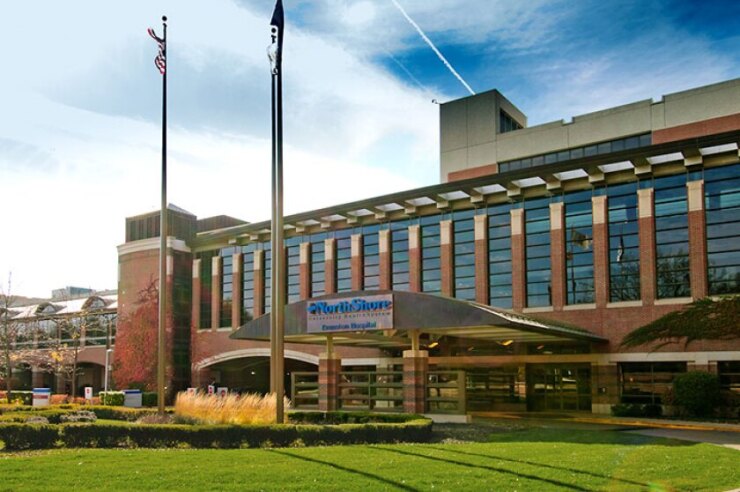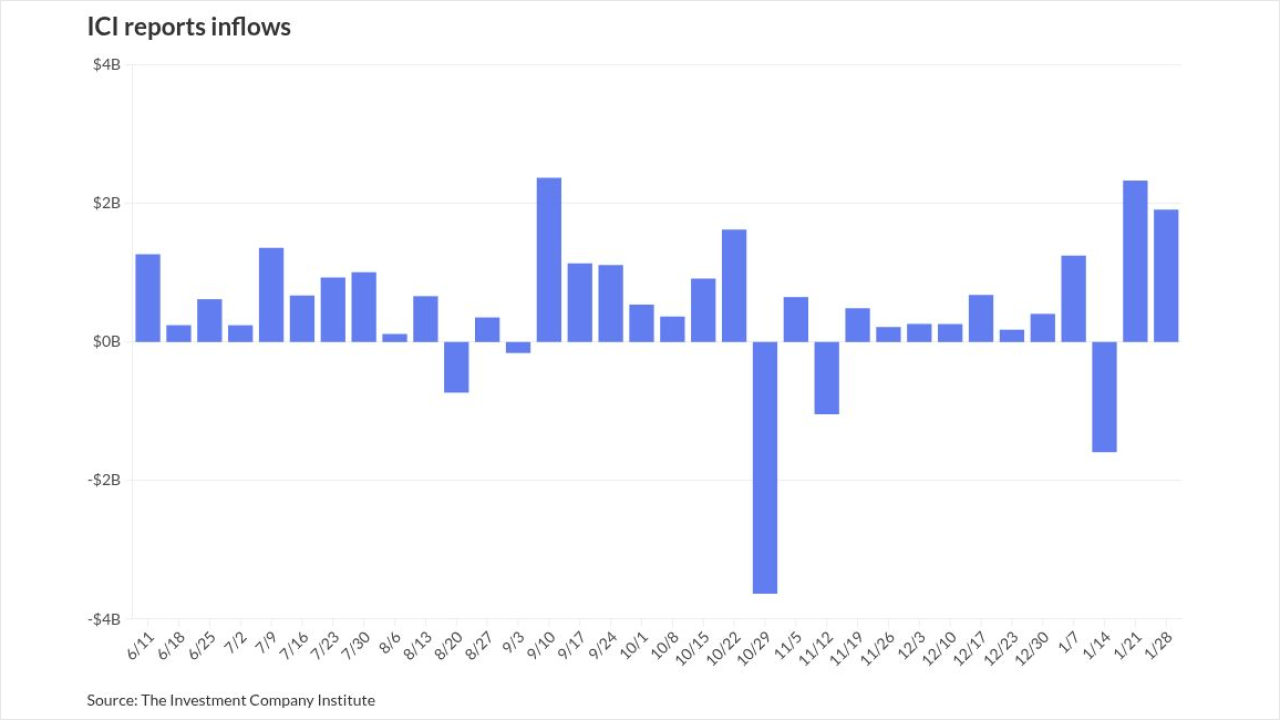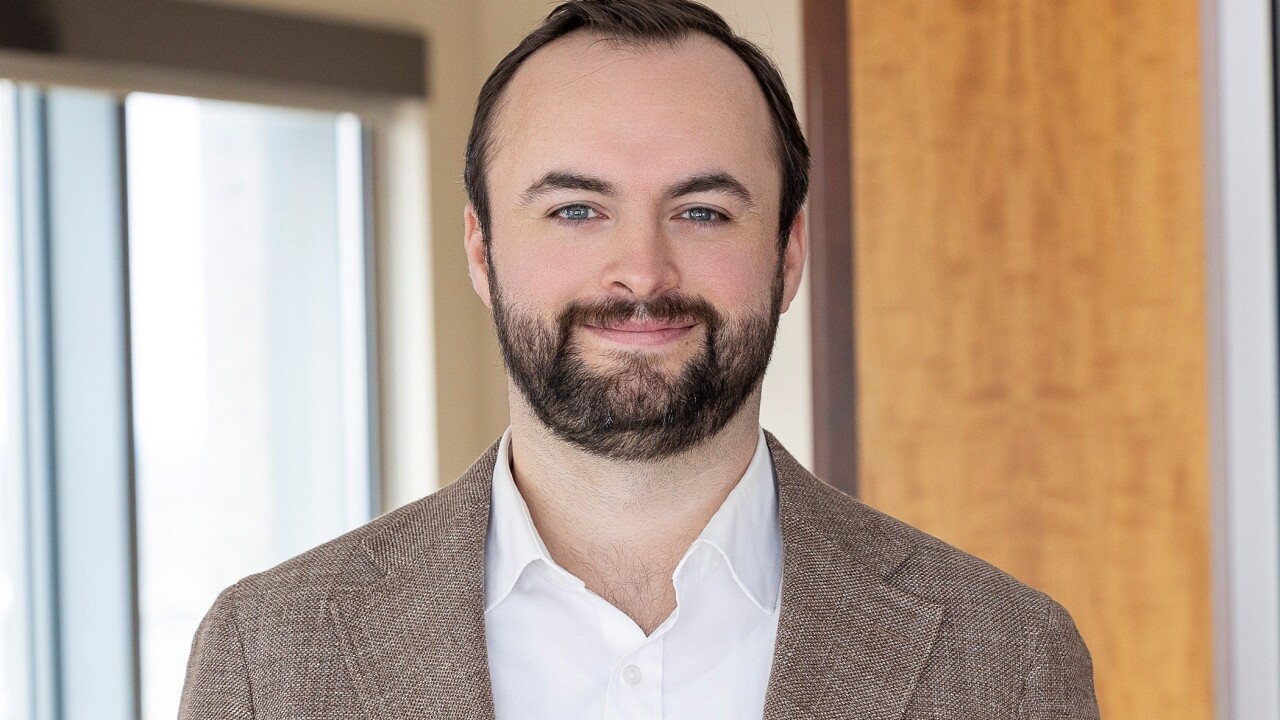The Illinois Finance Authority board signed off Tuesday on a $1 billion financing that further cements NorthShore University HealthSystem’s merger with Edward-Elmhurst Health
The NorthShore system on behalf of NorthShore-Edward-Elmhurst Credit Group intends to borrow $385 million of new money and refund nearly $591 million of debt for about $70 million of savings.
The current plan of finance calls for $450 million of the deal to sell at a fixed rate with another $230 million selling with a variable rate, including $90 million backed by a standby bond purchase agreement from JPMorgan. The remainder of the deal would be directly placed.

NorthShore is now the sole obligated group member under the NorthShore Master Indenture but with the upcoming issue Edward-Elmhurst will join.
“The current master trust indenture relating to the Edward-Elmhurst obligated group will be terminated and any obligations thereunder securing outstanding bonds or interest rate swap agreements will be cancelled,” IFA documents say.
Goldman Sachs and JPMorgan are underwriters of the publicly offered bonds and TD Bank and PNC Bank are the direct purchasers. IFA documents permit either a tax-exempt or taxable structure. Huron Public Financial Advisory is advising on the deal and Chapman and Cutler LLP is bond counsel. Nixon Peabody LLP is the borrower’s counsel.
Warrenville-based Edward-Elmhurst operates three hospitals west of Chicago: Edward Hospital in Naperville, Elmhurst Hospital in Elmhurst and a behavioral facility located on Edward’s campus. Edward and Elmhurst hospitals
Evanston-based NorthShore operates six hospitals in the northern and northwest suburbs and on Chicago’s north side. Many had operated independently and joined the system in recent years including
A feature of the merger is the creation of new community investment funds with each organization committing $100 million to its region.
“These funds will generate millions of dollars annually to enhance health and well-being, advance health equity and support local economic growth,” NorthShore’s President J.P. Gallagher, who is now president and chief operating officer of the merged system, said in a statement.
The merger
S&P in November affirmed NorthShore’s AA-minus rating. “The stable outlook reflects our view that NorthShore will maintain very strong balance sheet metrics and low leverage given its manageable capital plans,” S&P said.
Moody's Investors Service in April affirmed NorthShore at Aa3 with a stable outlook. Moody’s reported NorthShore’s rated debt at $510 million.
In June, Fitch Ratings affirmed Edward-Elmhurst’s A rating and stable outlook. Fitch said EEH’s debt totaled $670 million as of last year. S&P in November revised its outlook on Edward-Elmhurst’s A rating to positive from negative in anticipation of the merger.
New post-merger rating reviews are expected before the publicly offered debt comes to market. The directly purchased bonds won’t carry ratings. JPMorgan will provide a direct standby purchase agreement for paper sold with a floating-rate.
The refunding piece will refund 2016 debt sold by Northwest Community Hospital and to redeem or defease Edward-Elmhurst’s 2008, 2018, and 2021 bonds.
The new money will fund an expansion of the number of surgical operating rooms and recovery rooms at Skokie Hospital and expansion of the cardiovascular surgical space at Glenbrook.
Merger discussions had gone on for several years between EEH and NorthShore officials but the pandemic forced both to focus instead on managing through the impact of COVID.
NorthShore previously attempted to join the state’s largest system, then known as Advocate Health Care, but the Federal Trade Commission challenged it as damaging to competition because of the potential impact on insurer prices and it
NorthShore and Edward-Elmhurst Health finalized their merger in January launching the start of 2022 merger and acquisition activity amid heightened federal anti-trust scrutiny.
The direction of COVID-19 and
The sweeping executive order targets anti-competitive practices across a swath of sectors including technology, transportation, banking, labor, insurance, and healthcare.
The sector saw a downtick in the number of mergers last year but an upswing in transaction size measured by revenue.
COVID impacted announced transaction volume as health systems continued to focus on fighting the virus and variants and so postponed major strategic decisions, but select large, financially sound health systems moved forward with major strategic alignments, the report said.
While the number of deals fell, average transaction size as measured by target revenue increased to the second highest level over the past decade, driven by a modest rebound in mega mergers, according to the report.
Two Rhode Island systems, Lifespan Corporation and Care New England Health System, scrapped their proposed merger last month after the Federal Trade Commission and Attorney General Peter Neronha challenged the move. The two had sought to join forces and partner with Brown University with a combined eight hospitals.
The FTC said in a statement Friday withdrawing its complaint that the merger would have created “a dominant entity that would have led to higher prices and lower quality care for Rhode Islanders.”
The Illinois Finance Authority board on Tuesday also signed off on an up to $65 million issue for Smith Crossing Orland Park and a $25.7 million issue for Erikson Institute Chicago.
But deal flow for the conduit issuer for the remainder of the year is clouded by uncertain market conditions that have already scuttled some deals.
Many borrowers were teeing up refundings on an accelerated timetable to move before anticipated Federal Reserve Board interest rate hikes, IFA Executive Director Christopher Meister said in his board message Tuesday.
“Recent municipal market volatility, reflecting both inflation and anticipated interest rate expectations, is now further exacerbated by the war in Ukraine, as geopolitical risks have emerged as an additional market disruptor,” Meister said.
“The sudden increase in market volatility has resulted in several Illinois Finance Authority borrowers with fully documented and authority-approved transactions withdrawing their transactions from the market when market conditions indicated that minimum target pricing objectives would not be attained,” Meister said.
Municipal Market Data had the 10-year AAA municipal benchmark at 1.66% Monday compared to 1.07% at the start of the year. Federal Reserve Board Chair Jerome Powell again told Congress last week he expects interest rates to rise 25 basis points when the Federal Open Market Committee meets on March 15-16, but the panel will have to be careful in the future as a result of the Russian invasion of Ukraine that has roiled the market.
Mutual fund redemptions are also contributing to the current market volatility amid seven straight weeks of outflows.





